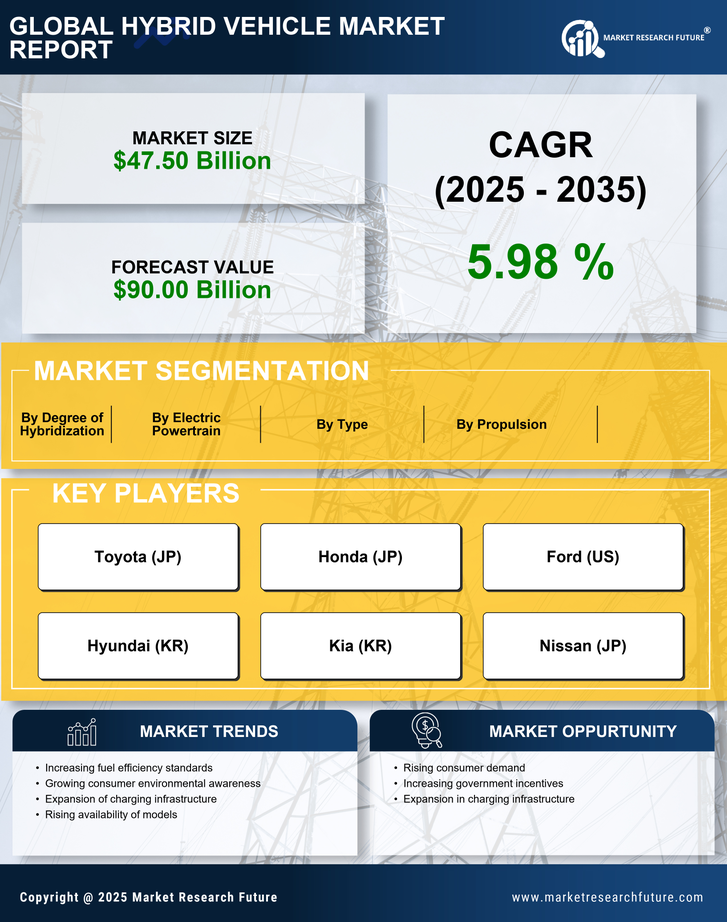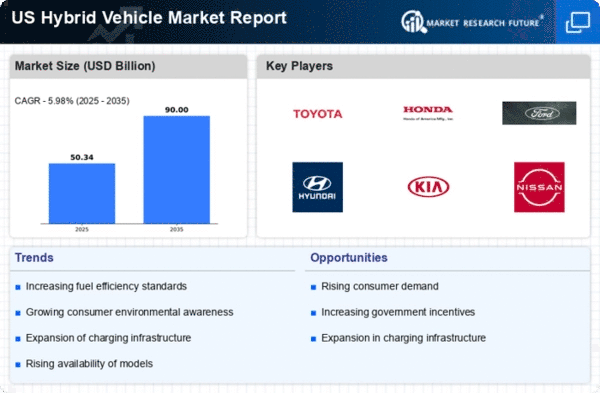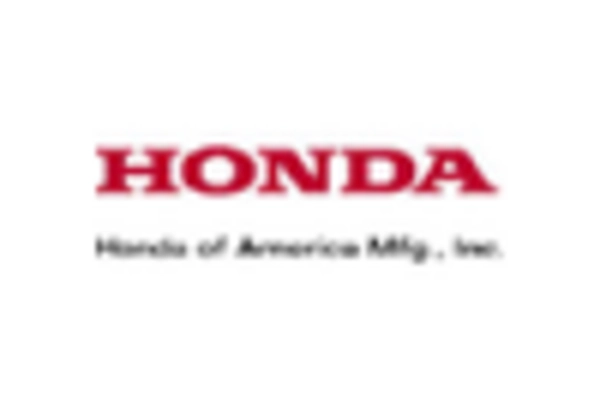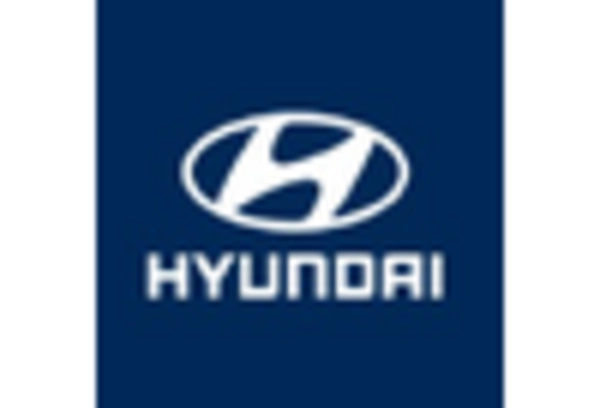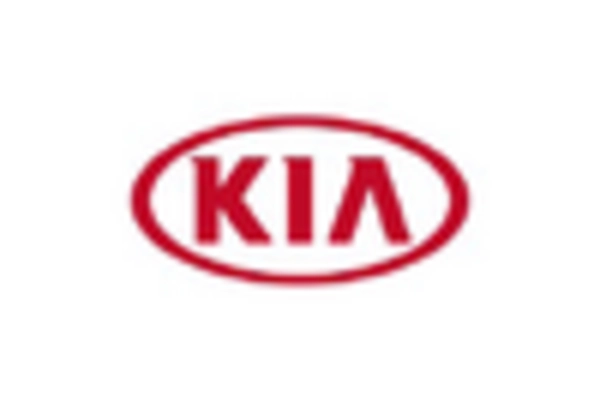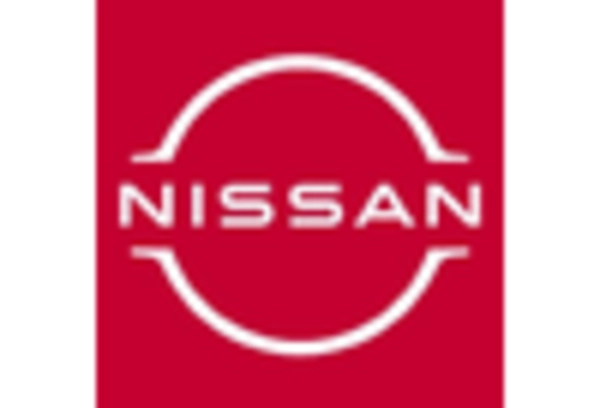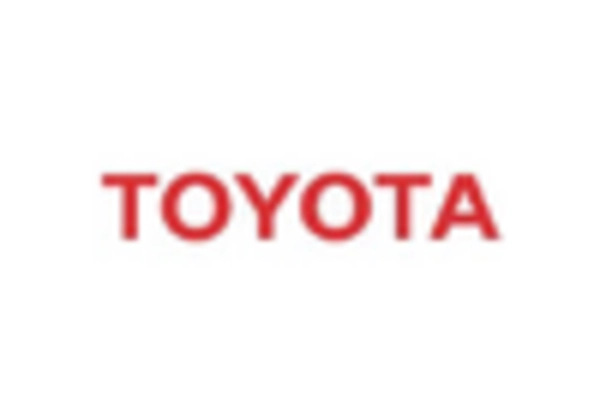Urbanization Trends
The ongoing trend of urbanization is significantly impacting the hybrid vehicle market. As more individuals move to urban areas, the demand for compact, efficient vehicles that can navigate congested city environments is increasing. Hybrid vehicles, known for their smaller size and fuel efficiency, are well-suited for urban driving conditions. The hybrid vehicle market is capitalizing on this trend by designing models that cater specifically to urban dwellers, offering features such as enhanced maneuverability and lower emissions. This shift in demographics and lifestyle preferences is likely to sustain the growth of the hybrid vehicle market in the coming years.
Regulatory Framework
The regulatory environment surrounding emissions and fuel economy standards plays a crucial role in shaping the hybrid vehicle market. Stricter regulations imposed by government agencies are pushing manufacturers to develop cleaner, more efficient vehicles. The hybrid vehicle market is adapting to these changes by accelerating the production of hybrid models that meet or exceed regulatory requirements. For example, the Corporate Average Fuel Economy (CAFE) standards mandate that automakers achieve specific fuel efficiency targets, which has led to a surge in hybrid vehicle offerings. This regulatory pressure not only drives innovation but also encourages consumers to consider hybrids as viable alternatives to conventional vehicles.
Fuel Efficiency Demand
The demand for fuel-efficient vehicles is a significant factor influencing the hybrid vehicle market. With fluctuating fuel prices, consumers are increasingly seeking alternatives that offer better mileage and lower operating costs. Hybrid vehicles typically provide fuel efficiency improvements of 30-50% compared to traditional gasoline vehicles. This economic advantage is particularly appealing in the current market landscape, where consumers are more budget-conscious. The hybrid vehicle market is responding to this demand by enhancing the fuel efficiency of new models, thereby attracting a broader customer base. As fuel prices remain volatile, the trend towards hybrid vehicles is likely to continue, reinforcing their position in the automotive sector.
Environmental Awareness
The increasing awareness of environmental issues among consumers is a pivotal driver for the hybrid vehicle market. As climate change concerns escalate, individuals are more inclined to seek eco-friendly transportation options. This shift in consumer mindset has led to a notable rise in hybrid vehicle sales, with the market experiencing a growth rate of approximately 20% annually. The hybrid vehicle market benefits from this trend, as manufacturers are compelled to innovate and produce vehicles that align with sustainable practices. Furthermore, educational campaigns and advocacy for reduced carbon footprints have heightened public interest in hybrid technologies, making them a more attractive choice for environmentally conscious buyers.
Technological Integration
The integration of advanced technologies into hybrid vehicles is reshaping the hybrid vehicle market. Innovations such as regenerative braking, advanced battery systems, and smart connectivity features are enhancing the driving experience and overall vehicle performance. The hybrid vehicle market is witnessing a surge in consumer interest as these technologies not only improve efficiency but also offer convenience and safety. For instance, the incorporation of AI-driven systems for energy management can optimize fuel consumption, making hybrids more appealing. As technology continues to evolve, the market is expected to see further advancements, potentially leading to increased adoption rates among consumers.
